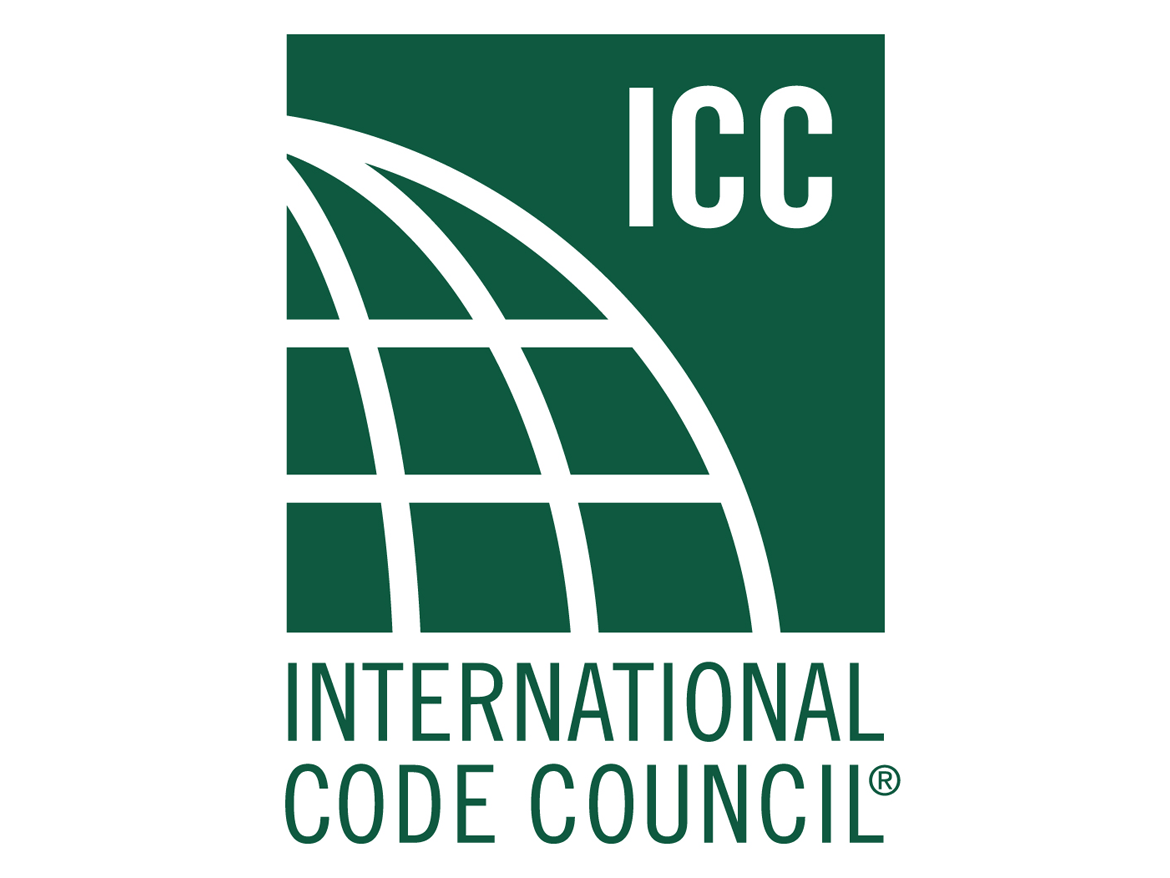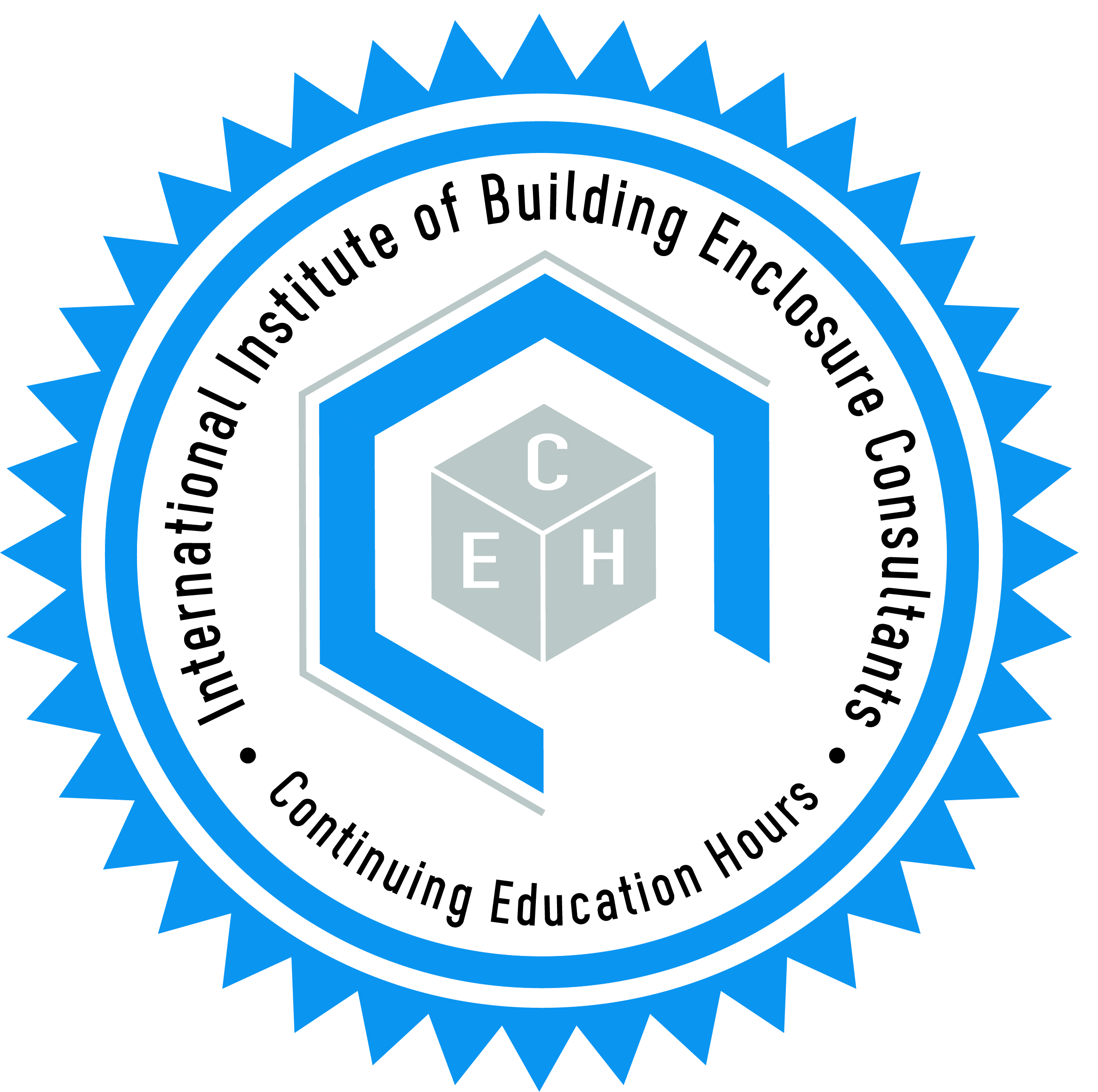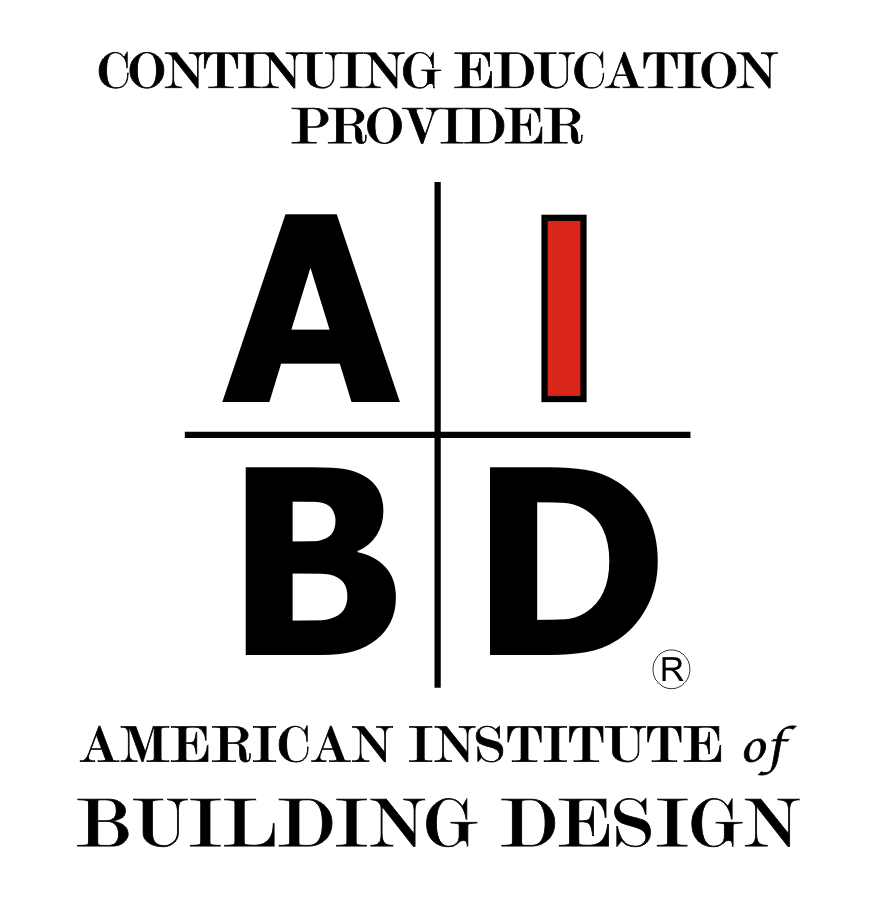AI-Driven Transformation in Data Center Design and Construction
Adapting Infrastructure, Energy, and Innovation for the Next Generation of Facilities
Sponsored by Construction Specialties | Presented by Patrick Chopson and Curt Fessler
Webinar On-Demand
Artificial intelligence is driving a fundamental shift in how data centers are designed, built, and operated. The rise of AI workloads, ranging from machine learning to generative AI, is reshaping infrastructure needs, pushing facilities toward higher power density, advanced cooling solutions, and modular, edge-based architectures. At the same time, AI is enabling new efficiencies through design and construction.
This webinar examines how these trends are redefining the modern data center. Participants will explore strategies for managing increased power and cooling demands, integrating consumption, grid availability, sustainable sourcing, new technologies (i.e., small modular reactors), and on-site generation, and leveraging AI to improve operational efficiency and resilience. Through current examples and forward-looking strategies, attendees will gain insights into how architects, engineers, and contractors can design data centers that meet today's demands while anticipating the rapid growth of AI technologies.

Image courtesy of Adobe
Modern data center with illuminated server racks, advanced networking, and cloud computing infrastructure.
 |
Patrick Chopson, AIA, is Co-Founder and Principal of cove, an AI-powered architecture firm transforming how buildings are designed and delivered. A licensed architect with 20+ years of experience, technologist and building scientist, Patrick focuses on the intersection of AI and Architecture. He previously co-founded the building performance consultancy Pattern r+d and co-authored Build Like It’s the End of the World (Wiley, 2025), a guide to decarbonizing AEC. His work has been featured in Architect Magazine, TechCrunch, and ArchDaily, and he regularly collaborates with developers and industry leaders on next-generation solutions. |
 |
Curt Fessler is a marketing and research professional with 18 years of experience in the non-residential building products industry. With a background in product development, marketing and market research with architects, designers, and contractors, Curt has built a career around uncovering actionable insights that guide strategic decisions. He holds a BS in Management and an MBA from Bloomsburg University of Pennsylvania and is credentialed in CSI CDT, Lean Six Sigma, and formerly LEED AP. At Construction Specialties, Curt leads market intelligence efforts that span forecasting, segment analysis and market sizing as well as competitive and customer research - connecting data from government agencies, economic sources, industry partners, customers and others to understand evolving market needs. His expertise spans across multiple market segments including data centers, healthcare, and others. His background in research, along with his deep knowledge of product design and manufacturing helps shape future-facing product strategies for the built environment and modern data center projects that respond to trends in energy demand, resiliency, acoustic mitigation and architectural design. Curt's work supports CS's collaboration with project teams to develop patented solutions for the built environment, including decorative facades, louvers, specialty flooring systems, and wall protection. His passion lies in triangulating insights to help teams anticipate change and design with purpose. |
Founded in 1948, Construction Specialties (CS) is a family-owned, specialty building products manufacturer. CS provides solutions to challenges that architects, designers, building owners, facility managers, and contractors face every day. Since inventing the first extruded louver, CS has become a global leader in all our product categories: Acrovyn® interior wall protection, impact-resistant doors, entrance flooring, expansion joint solutions, architectural louvers, sun controls, architectural elements and privacy curtains + tracks. Drawing upon our decades of experience, CS provides extensive services resulting in high-quality products found in some of the world’s most significant architecture. For more information about CS products and solutions, please visit c-sgroup.com.
Originally published in Architectural Record
Originally published in August 2025
LEARNING OBJECTIVES
- Explain how AI-driven workloads are influencing the design and construction of data centers, including the need for higher power density, cooling systems, and modular designs
- Identify strategies for integrating sustainable energy solutions, including on-site generation, grid coordination, and emerging technologies such as small modular reactors, into data center planning and construction.
- Discuss design and construction considerations, such as airflow control, acoustics, vision screening, contaminant mitigation, and damage prevention, to enhance facility performance.
- Evaluate how innovative construction techniques and forward-looking design strategies can help data centers adapt to rapid technological advancements and increasing energy demands.











